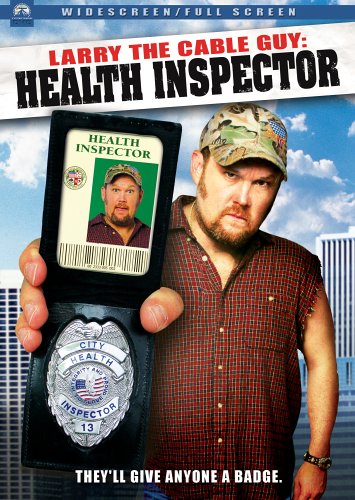In apparent good news for the rest of the American food industry, the folks at Peanut Company of America appear to be douchebags acting on their own after Food and Drug Administration types on Friday said the Blakely, Ga., plant actually shipped Salmonella-positive products without even shopping for a second negative result.
 The company has denied any wrongdoing in the salmonella outbreak linked to at least eight deaths and 575 illnesses in 43 states. The Justice Department has opened a criminal investigation. More than 1,550 products have been recalled.
The company has denied any wrongdoing in the salmonella outbreak linked to at least eight deaths and 575 illnesses in 43 states. The Justice Department has opened a criminal investigation. More than 1,550 products have been recalled.
Also on Friday, U.S. Agriculture Secretary Tom Vilsack said the recall of salmonella-tainted peanut products shows the need to modernize the U.S. food safety system and ultimately create a single inspection agency.
“We need a single agency that’s working in a modern framework. We don’t have that today.”
The push for a single food agency is a political distraction: the only actions that matter are the ones that will reduce the number of sick people.

 No.
No. .jpg) I expressed a similar notion this morning in the
I expressed a similar notion this morning in the